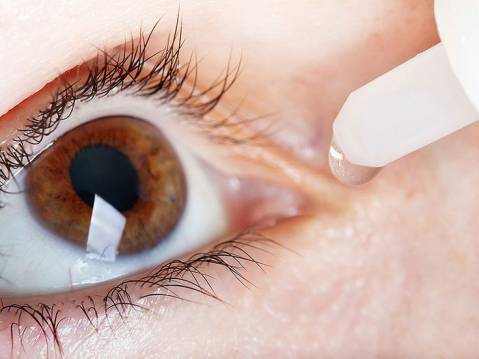Maintaining healthy vision is crucial for a fulfilling life, and while a balanced diet and good lifestyle choices play a primary role, certain herbs can support eye health. Here, we’ll delve into some of the best herbs known to benefit the eyes:
Bilberry
Often hailed as the vision herb, bilberry, a relative of the blueberry, contains high levels of anthocyanins, powerful antioxidants that can help improve night vision and prevent macular degeneration. Bilberries are believed to strengthen blood vessels and enhance blood flow to the retina.
Ginkgo Biloba
Renowned for its ability to aid memory and concentration, ginkgo biloba also offers advantages for eye health. By increasing blood flow to the eyes, it may assist in maintaining retinal health and is often used to manage glaucoma and age-related macular degeneration (AMD).
Green Tea
Packed with catechins, green tea can protect the eyes against oxidative damage. The antioxidants present in green tea are thought to help prevent cataracts and AMD and can be beneficial when consumed regularly.
Turmeric
Turmeric, containing the active compound curcumin, has strong anti-inflammatory and antioxidant properties. It could potentially reduce the risk of cataracts and has been shown to protect against retinal degeneration.
Saffron
Recent studies suggest that saffron could improve vision in those suffering from AMD. It seems to enhance the response of the eye’s photoreceptors, potentially delaying or preventing sight loss.
Fennel
In traditional medicine, fennel has been used to treat various eye conditions, including glaucoma and cataract. Its nutrients and antioxidants may reduce inflammation and help clear cloudy eyes.
Aloe Vera
Though more commonly associated with skin health, aloe vera also contains compounds that support eye health, specifically for dry eyes and diseases of the eye’s surface.
How to Apply Herbs for Eye Health
Here is a comprehensive guide on how to utilize herbs for maintaining good eye health:
Step 1: Choose the Right Herbs
- Select herbs known for their eye-boosting properties such as bilberry, fennel, saffron, or ginkgo biloba.
- Ensure they are fresh and of high quality for maximum potency.
Step 2: Prepare Herbal Infusions
- Boil water and pour it over a tablespoon of dried herbs in a cup.
- Let it steep for about 10-15 minutes, then strain the herbs.
Step 3: Make Herbal Compresses
- Soak a clean cloth in the herbal infusion and gently press it on closed eyes for 10-15 minutes.
- Relax and let the properties of the herbs soothe your eyes.
Step 4: Herbal Eyewash
- Strain the herbal infusion to remove any solid particles.
- Let it cool down and use it as an eyewash by pouring a small amount into an eyecup and rinsing each eye.
Step 5: Herbal Eye Drops
- Consult with a healthcare professional or herbalist for guidance on making or purchasing herbal eye drops.
- Follow the recommended dosage and application instructions carefully.
Step 6: Maintain Consistency
- Incorporate herbal remedies into your daily routine for optimal results.
- Keep track of any improvements or changes in your eye health.
By following these steps and incorporating herbal remedies into your eye care routine, you can promote and maintain good eye health naturally. Remember that it’s always advisable to consult with a healthcare provider before beginning any new herbal regimen, especially if you have existing eye conditions.
Conclusion
Incorporating these herbs into your diet can contribute to eye wellness, yet it’s important to remember that they’re supplements to — not substitutes for — traditional care. Prior to adding any new herb to your regimen, it is recommended to consult with an eye care professional or healthcare provider, especially if you have pre-existing conditions or are taking medications.



